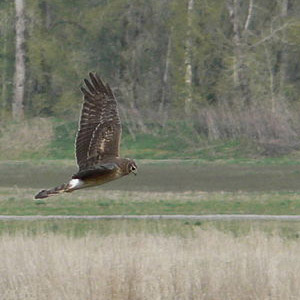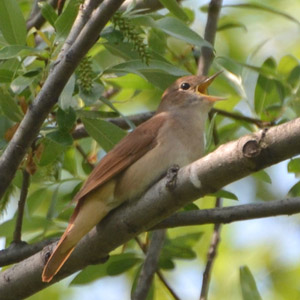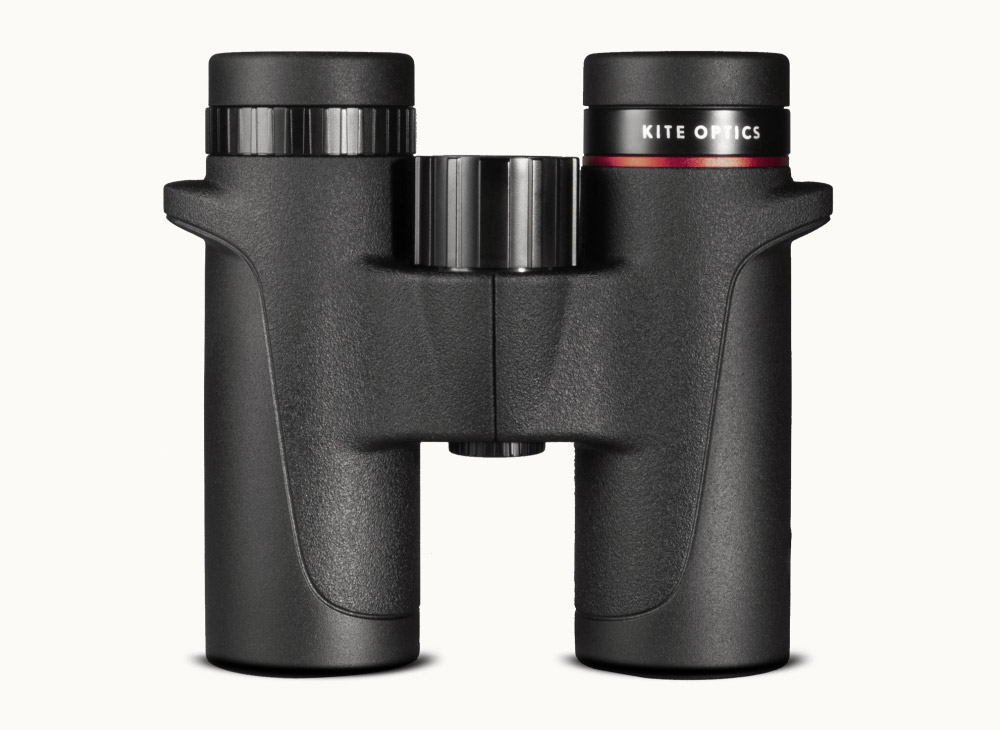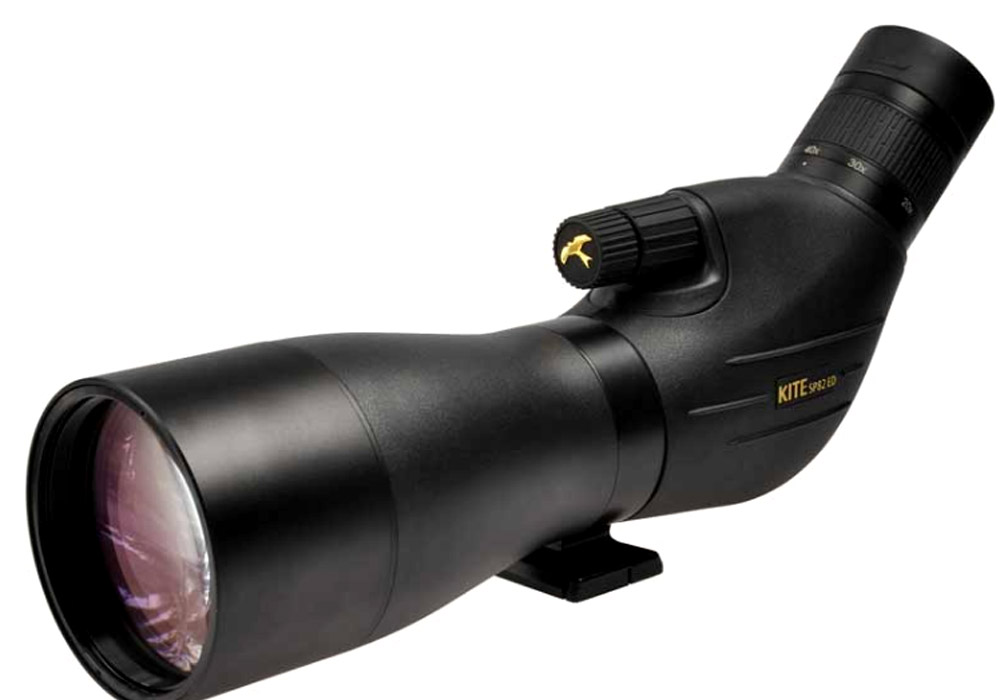Pratique | Débuter
Définition du « jizz »

Le » jizz » du Busard Saint-Martin (Circus cyaneus) peut aider à le différencier des autres busards.Photographie : Walter Siegmund / Wikimedia Commons
Introduction
Que ce soit sur l’île d’Ouessant (Finistère) en octobre ou en Camargue (Bouches-du-Rhône) en mai, l’on entend parfois des observateurs pointus parler du « jizz » d’un oiseau. Ce mot étrange d’origine anglo-saxonne fait partie du jargon de certains ornithologues. Selon une définition couramment admise, il s’agirait de la combinaison d’éléments permettant de reconnaître sur le terrain une espèce qui ne pourrait pas être identifiée individuellement. Mais quelle est l’origine de ce mot ? Les explications diffèrent selon les sources…
Grâce à Roberto Garavaglia (site web Ebnitalia.it) et à David McDonald, nous présentons ce terme parfois important dans l’identification de certaines espèces et nous énumérons les hypothèses permettant d’expliquer son origine.
Abstract
What does the word « jizz » mean ? Contrary to the view of many people that « jizz » is a jargon term used exclusively by birders, or one which really belongs in another world such as that of the military, « jizz » is found in basic references such as the « Handbook of the Birds of the World and in ornithological dictionaries. For example, « A Dictionary of Birds » by Campbell and Lack (1985) defines the « jizz » as « a combination of characteristics which identify a living creature in the field, but which may not be distinguished individually ». The glossary in Simpson and Day’s (1993) « Field Guide to the Birds of Australia » defines the « jizz » as « a word used by twitchers to describe everything about a bird in one, all-embracing term, the essence or character of a bird in the field ».
In this article, thanks to Roberto Garavaglia, redactor of the Italian website Ebnitalia.it and to the Australian birder David McDonald, we present you this term and its possible origin.
Poursuivez la lecture de cet article, en vous abonnant dès maintenant !
Découvrez les Archives d’Ornithomedia.com
Pour seulement 10,00 €TTC/an (ou 6,00 € les 6 mois)
Profitez de plusieurs centaines d’articles en accès illimité et sans aucun engagement.
Compléments
Ouvrages recommandés
- Le Guide Ornitho de Lars Svensson et al
- Field Guide to the Birds of Australia de Ken Simpson et Nicolas Day
- A dictionnary of birds de Lack








Aucun commentaire sur ce sujet
Participer à la discussion !